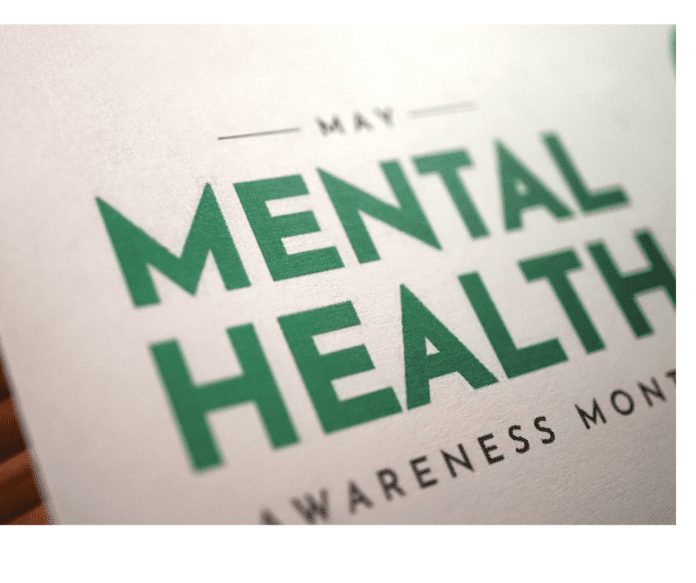By Pastor Dean Rudloff,
The Lake County Mental Health Task Force, The North Shore Mental Health Group
While mental health is important to address year-round, Mental Health Awareness Month provides a dedicated time for people, organizations, and communities to join their voices to broadcast a message about mental well-being. This week’s message from The Lake County Local Mental Health Task Force and The North Shore Mental Health Group focuses on Finding Help as it concerns Mental Health.
When your mental health is off, it is important to find the help that is right for you. Where you go for help will depend on what is occurring within your life. Often the best place to start is to talk with those that you already have connections with, including your friends and family, you primary care doctor, spiritual advisor, or local mental health organizations.
Help can be found in many places and depends on what type of support you may need. It can start with participating in a self-care program. You can engage with friends, family, or someone else to talk to help you process what you are experiencing. If the problems in your life are stopping you from functioning well or feeling good, professional help can make a big difference.
When you are struggling, friends and family can be a great support system, but sometimes it is hard to ask for help. But the fact is, we should talk about our feelings. Know that you are not alone. Help is available and healing can happen. It is OK not to be OK. It’s OK to reach out to friends, family, neighbors, a warm line, or a crisis line if you want to talk.
Even if you’re not sure that you’d benefit from help, it can’t hurt to explore the possibility. Getting professional help can enable you to: develop and process ways to solve problems, enable you to feel stronger in the face of challenges, help you change behaviors that hold you back, help you look at ways of thinking that affect how you feel, and can help heal pains from your past.
Sometimes it is hard to know when you need extra help with your mental health. If you don’t know where to start, check out the following article sponsored by the National Institute of Mental Health (https://www.nimh.nih.gov/health/publications/my-mental-health-do-i-need-help).
Warm lines and peer support can be valuable for those who are managing stress. You do not need to be in immediate crisis to call the warm line. Anyone seeking support may call the Minnesota Warm Line for Peer Support connection at 844-739-0369, from 5 p.m. to 9 a.m. For more information, visit: Wellness in the Wood: Transforming Wellness into Reality (mental health advocacy) (mnwitw.org).
Mental Health Minnesota also offers a warm line, with services available Monday – Saturday, noon to 10 p.m. Call 1- 877-404- 3190, text Support to 85511, or connect to (mentalhealthmn.org).
If you or someone you know needs support now, call or text 988 or chat 988Lifeline.org. 988 connects you with a trained crisis counselor who can help.
Throughout the month of May the Minnesota Department of Health continues to feature training that you can participate in to help others who may be experiencing life challenges or suicidal experiences. On May 15 at 11 a.m. go to: https://www.eventbrite.com/e/minnesota-resource-panel-get-connected-to-the-resources-in-our-state-tickets-601645687447 and learn about the resources available in MN and how you can help an individual, or yourself, get connected. A panel of members will share their programs, answer questions, and help to continue to build a system of support in Minnesota.




